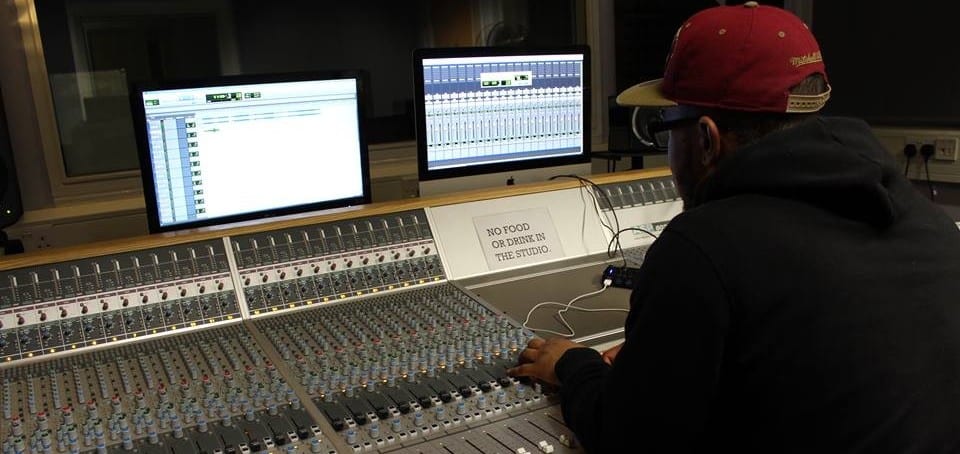This week’s guest lecturer was Emily Wilczek, Emily is a lecturer within the Lincoln School of Film & Media. This week she talked about the ways to approach an experimental audio project in relation to this module,Emily broke the experimental project down into three segments concept/process and realisation.
Concept: The concept of the project relates to what the idea is actually going to be, this is then followed by the exploration of this idea e.g what kind of techniques/technology are you going to experiment with. Lastly what are the opportunities this kind of project can present to you as a creative e.g, what kind of funding/commissions would be available.
Process:The process relates to the creation of the project, it consists of the research you should do before creating an experimental piece. For example finding out what experimental audio pieces exist already can inform and educate you, allowing you to experiment with your project and develop it.
Realisation: The realisation is the logistics of the actual project e.g who will hear your work and where will it be heard. The advertising,presentation and information of the audio project are all relevant here, without the proper realisation you will be doing a disservice to your audio project.
Emily went on to talk about the best way to present your work, she told us we should identify our audience and actively take steps to get our work in front said audience. For example she suggested creative locations such as the 22 channel sound wall present in the Collection are ideal because these locations are built for experimental. By placing your work in relevant areas such as galleries your allowing your work to be accessed by people who have an interest in this field, this allows your work to be appreciated. She also suggested writing some information about an experimental audio piece next to where it is displayed to give it some context.
